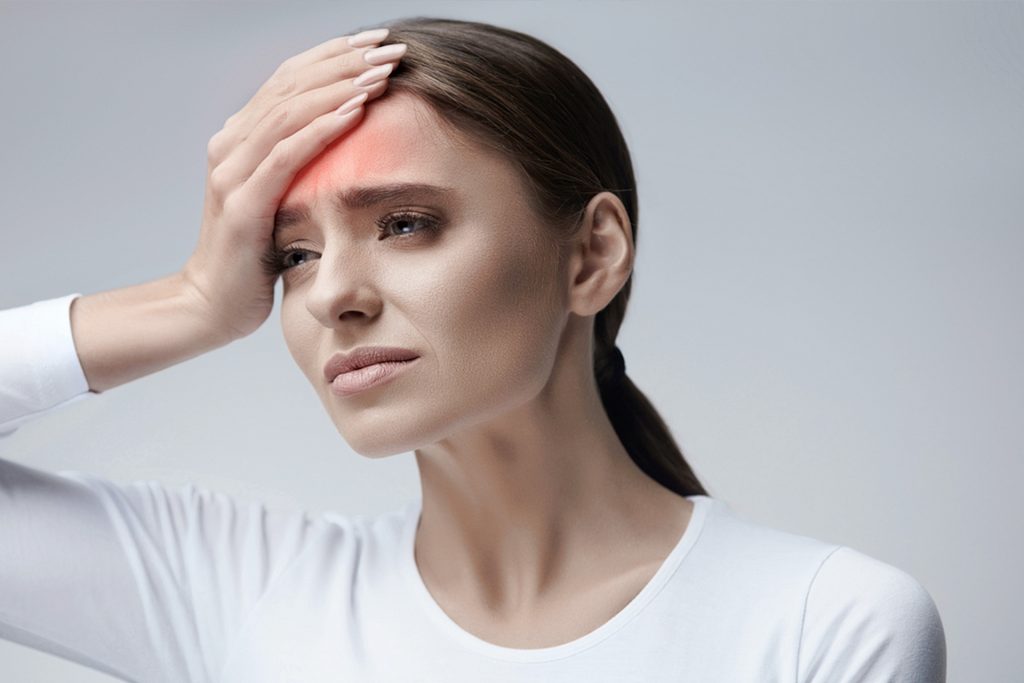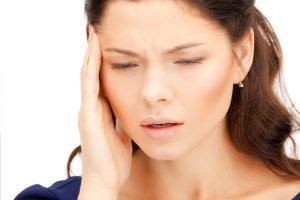Headaches
Doctors has a special interest in headache – migraine and other types of headaches. Often patients are using a lot of painkillers, which in large quantities is harmful to the body and cause headaches themselves, therefore the doctor knows how to treat variety of headache, including summoned by medication habituation.
Headaches are sometimes a symptom of diseases that are not located in the head, such as the neck muscle tension, high blood pressure, depression, anxiety, infections, malnutrition, vitamin deficiency, and the like, so the headache doctor prescribes an investigation.
Pain and headaches are treated with medications, therapeutic exercise, physiotherapy, psychotherapy methods and, if necessary, and trigger nerve blockade.


Headache is often associated with nausea and vomiting. This is especially true with migraine headaches.
What are the different types of headaches?
It can be classified as being one of three types:
- Primary headache,
- Secondary headache
- Cranial neuralgias, facial pain and others…
Common primary headaches include tension, migraine and cluster headaches.
Medication overuse (rebound headache) is a condition where frequent use of pain medications can lead to persistent head pain. The pain may improve for a short time after medication is taken and then recur. (The term “rebound headache” has been replaced by the term “medication overuse headache”)

What could headaches be a sign of?
Secondary headaches are usually a symptom of an injury or an underlying illness. For example, sinus headaches are considered a secondary headache due to increased pressure or infection in the sinuses.
Individuals should seek medical care for new onset headaches or if it is associated with fever, stiff neck, weakness, change in sensation on one side of the body, change in vision, vomiting, or change in behavior that may be caused by the development of serious infections.









